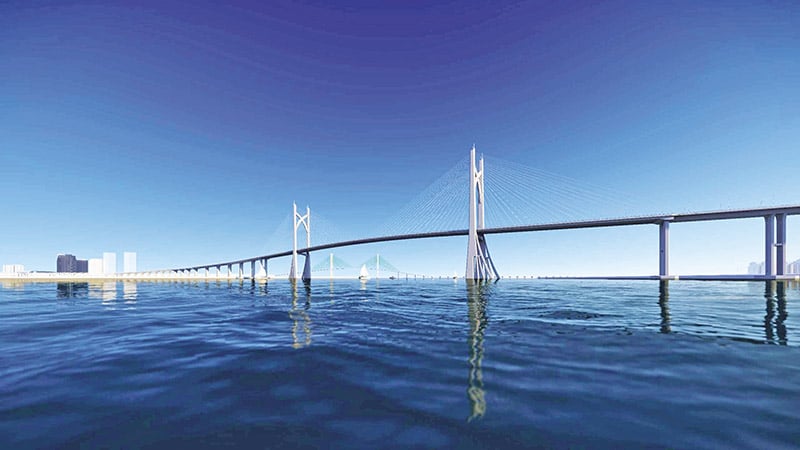 |
| Perspective of Can Gio Bridge Project proposed by many investors in the form of BT |
Wave of proposals for investment in BT projects in Ho Chi Minh City
Recently,Sun Group Corporation has sent a document to the Ho Chi Minh City People's Committee proposing to study and invest in a road along the Saigon River with a scale of 8-10 lanes and a metro or tramway line of 40 km in length, running along the Saigon River through the territory of Cu Chi district (old). Regarding the form of investment, Sun Group proposed to invest in the project under the new BT form with payment by land plots along the Saigon River in Cu Chi district (old) with a total area of about 4,100 hectares.
In addition to the riverside route, Sun Group also expressed its desire to invest in two other projects: Rach Chiec National Sports Complex (187 hectares) and National Historical and Cultural Park (395 hectares). These two projects are also proposed to be invested in the form of BT, with the payment mechanism using land fund in Truong Tho Urban Area 147 hectares.
Immediately after that, Ho Chi Minh City Infrastructure Investment Joint Stock Company (CII) also sent a document proposing to be the investor of the projects of dredging canals, digging the central lake and building 4 bridges in the functional areas of Thu Thiem New Urban Area. Notably, CII proposed to separate these projects into a separate project, invested under the public-private partnership (PPP) method, a new BT contract, paid by land fund or cash, instead of combining them with the Northern Residential Area BT Project as before.
In particular, CII committed to completing the feasibility study report within 3 months from the date of approval of the project and to start construction of the 4 bridges within 12 months. The dredging, digging of the central lake and the new canal are expected to be completed within 30 months.
 The National Assembly 's permission to deploy investment projects under the PPP and BT contract forms is the right step to mobilize private resources to invest in the transport infrastructure sector, because currently the state budget cannot allocate enough capital for the projects.
The National Assembly 's permission to deploy investment projects under the PPP and BT contract forms is the right step to mobilize private resources to invest in the transport infrastructure sector, because currently the state budget cannot allocate enough capital for the projects. 
Another real estate giant, Masterise Group, is interested in and has proposed to invest in the construction of Can Gio Bridge under the BT model and pay by land fund. This project has also attracted interest from Trung Nam Group with a proposal sent to the Ho Chi Minh City People's Committee in February 2025.
In addition to Can Gio Bridge, Trung Nam Group also proposed to implement Thu Thiem 4 Bridge Project under the BT contract form. It is worth noting that previously, these two projects were studied for investment under the BOT form, in which the participation of Ho Chi Minh City budget capital accounted for nearly 50%.
BT is attractive thanks to the payment method using land fund
It can be seen that the "wave" of proposals for BT projects in Ho Chi Minh City has returned to the forefront recently when businesses have noticed positive changes from Law No. 57/2024/QH15 of the National Assembly on amending and supplementing a number of articles of the Law on Planning, the Law on Investment, the Law on PPP Investment, and the Law on Bidding.
Law No. 57/2024/QH15 stipulates more clearly the payment method for investors in BT contracts when allowing payment by land fund or money from the state budget. This is a breakthrough mechanism, removing obstacles that have caused unfinished BT projects to be "frozen" for many years.
In addition, Law No. 57/2024/QH15 also tightens the process of selecting investors through public and transparent bidding with specific evaluation criteria. Furthermore, the payment mechanism is regulated right from the project preparation stage, helping to minimize arrears and lack of responsibility in contracts.
At the 9th Session held in June 2025, the National Assembly continued to pass amendments to the Law on PPP Investment, the Law on Investment and the Law on Public Investment, which allow for strong decentralization of the authority to approve investment policies from the Prime Minister to the Provincial People's Committees for 7 groups of projects. In addition, administrative procedures for approving policies and granting investment certificates have also been significantly simplified, creating conditions for investors to implement projects more quickly.
According to Mr. Do Thien Anh Tuan, lecturer of public policy at Fulbright University Vietnam, the National Assembly's permission to implement investment projects under the form of PPP and BT contracts is the right step to mobilize private resources to invest in the transport infrastructure sector, because currently the state budget cannot allocate enough capital for projects.
When investing under BT contracts, the State will take advantage of the implementation capacity, capital and technology of the private sector, while creating healthy competitive pressure through the bidding mechanism. More importantly, when the State uses the budget to pay for the contract, accountability in the provision of public services is also enhanced.
Source: https://baodautu.vn/tphcm-hut-von-tu-nhan-nho-hinh-thuc-bt-moi-d328932.html




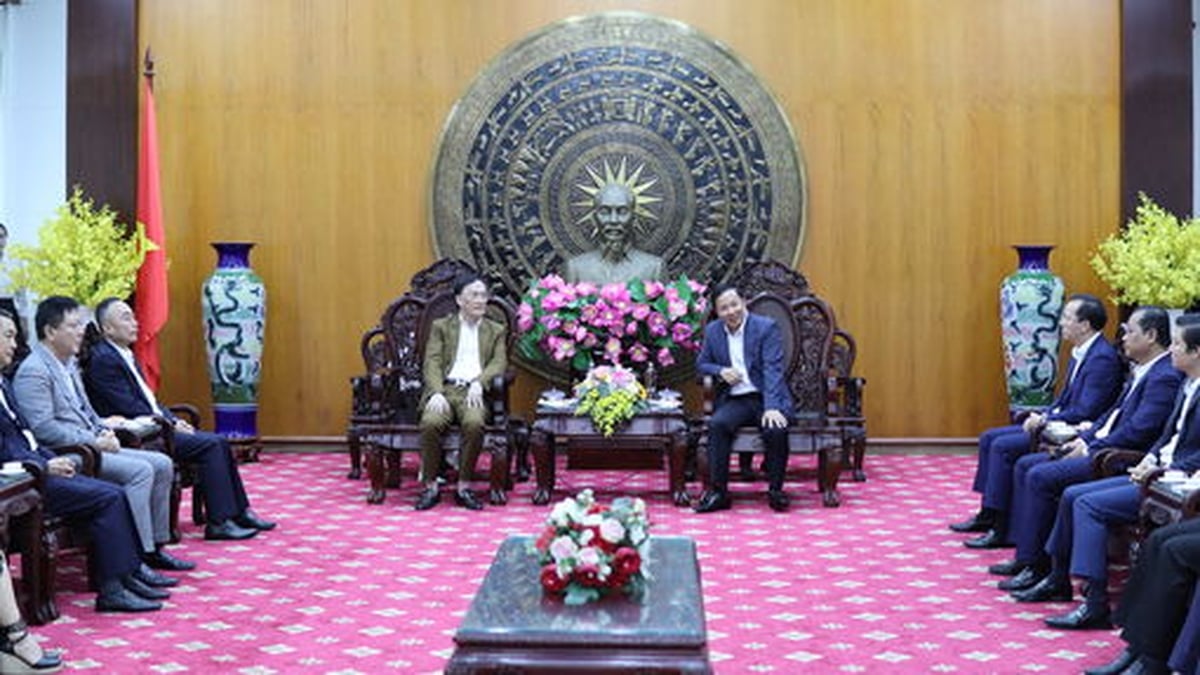

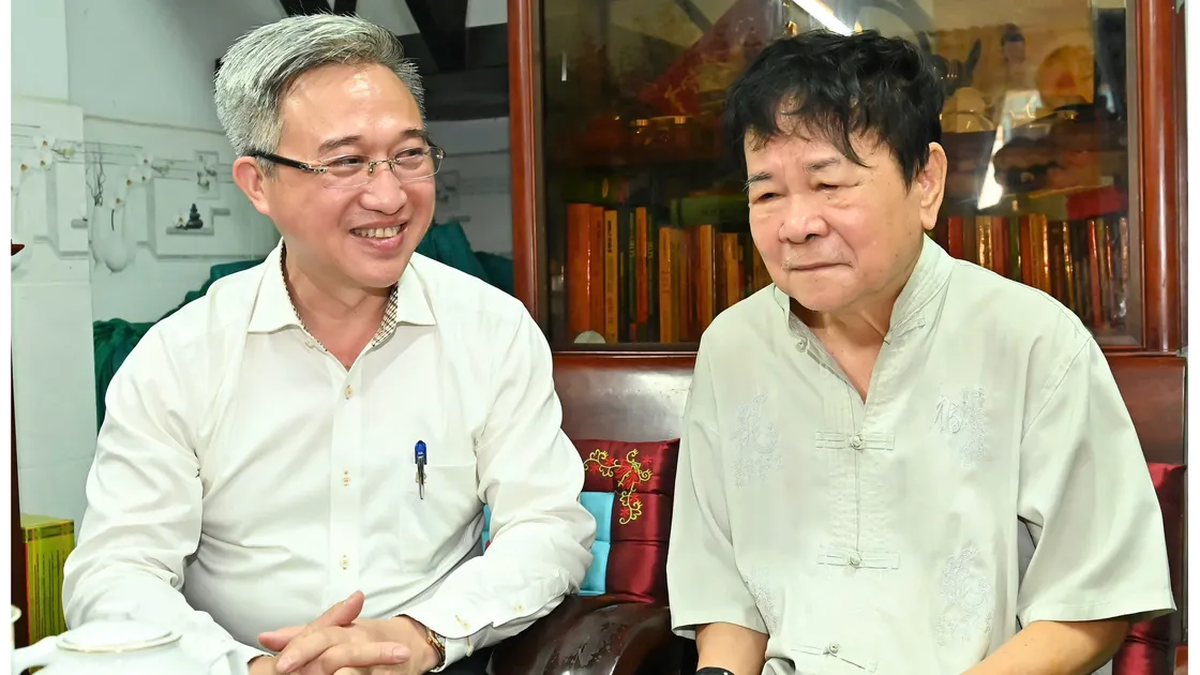
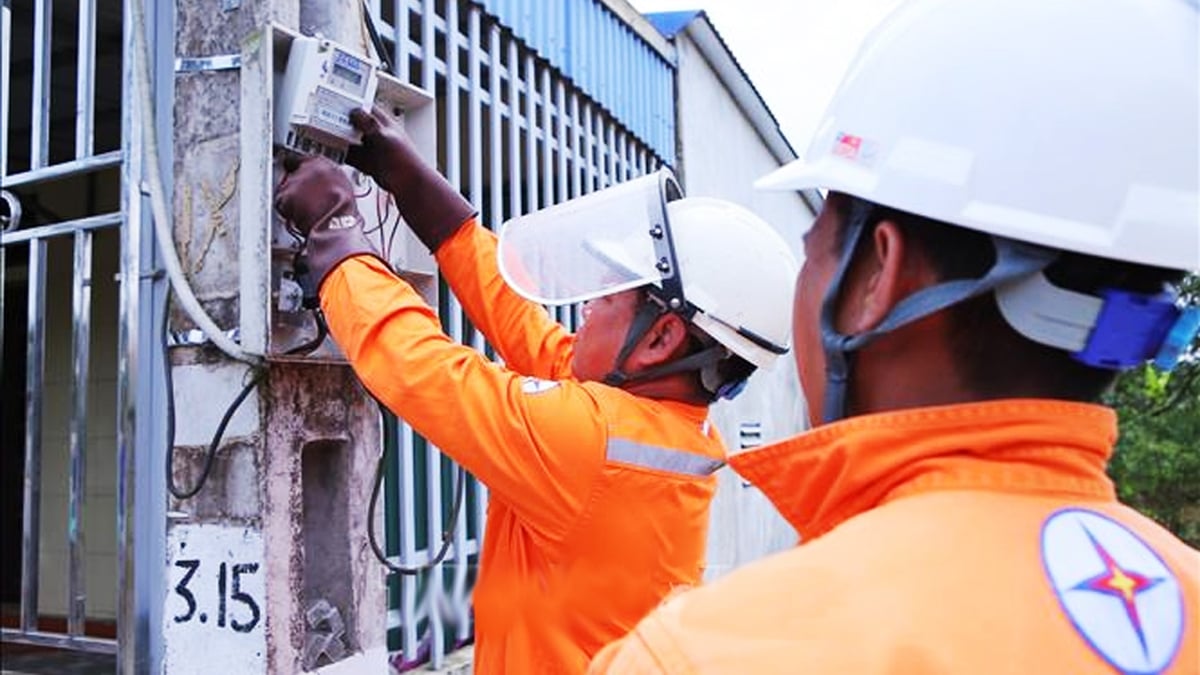
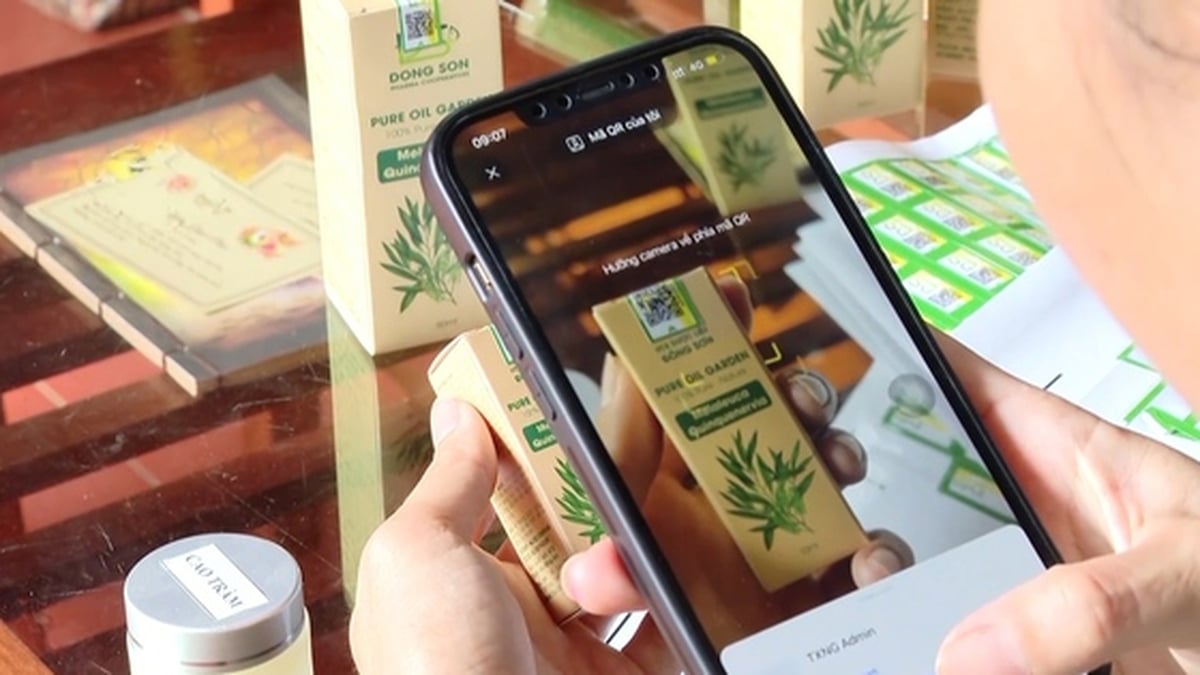
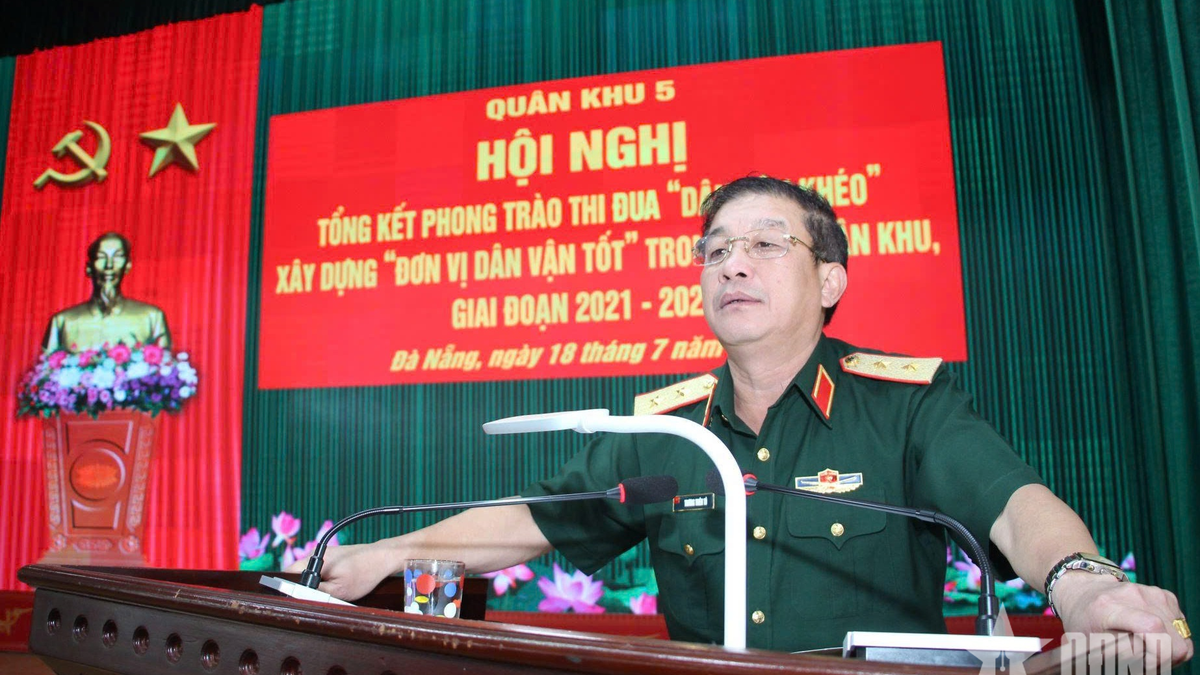
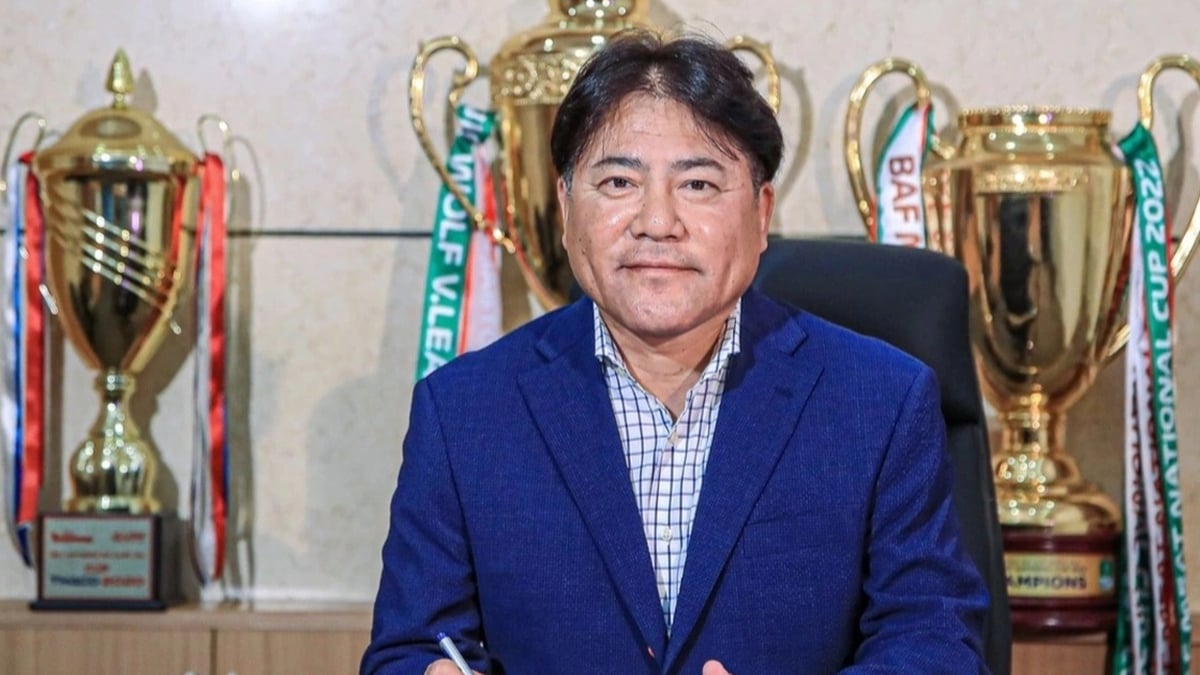
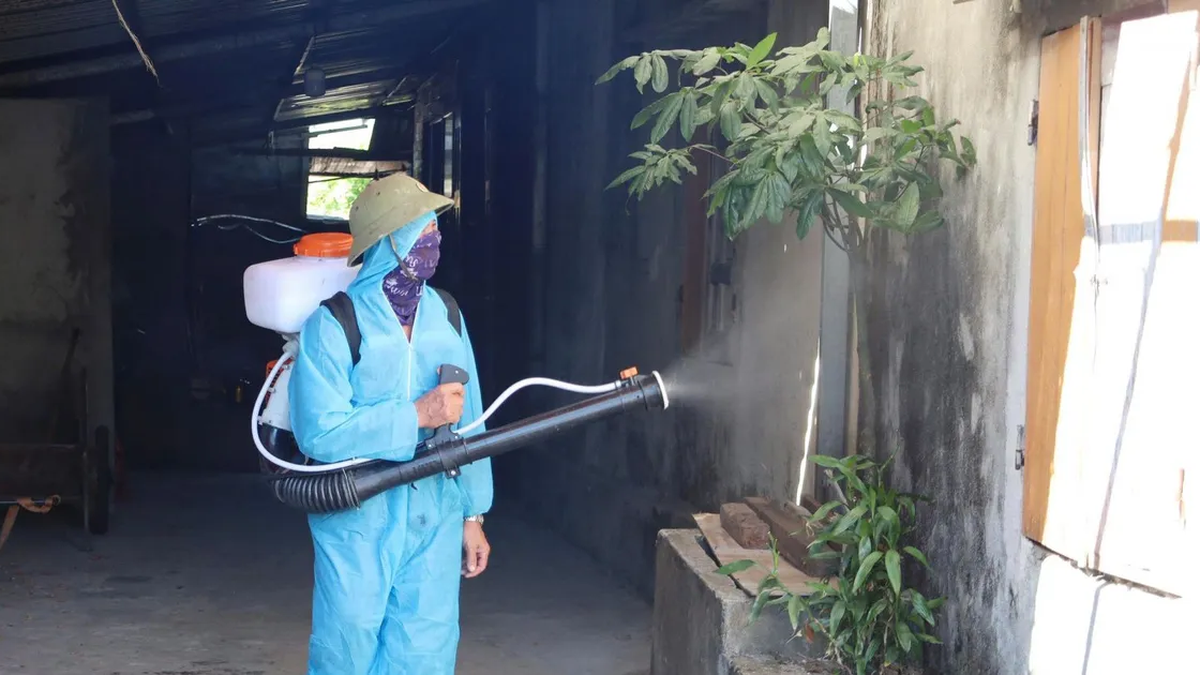

































































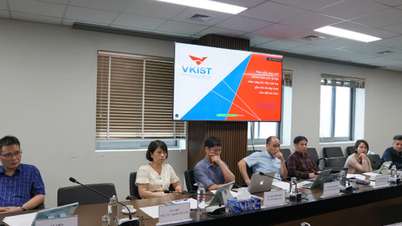
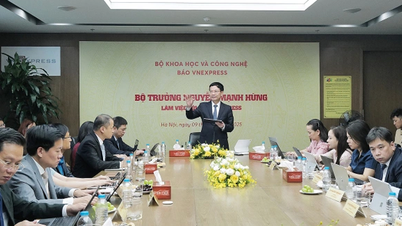
















![[Infographic] In 2025, 47 products will achieve national OCOP](https://vphoto.vietnam.vn/thumb/402x226/vietnam/resource/IMAGE/2025/7/16/5d672398b0744db3ab920e05db8e5b7d)





Comment (0)